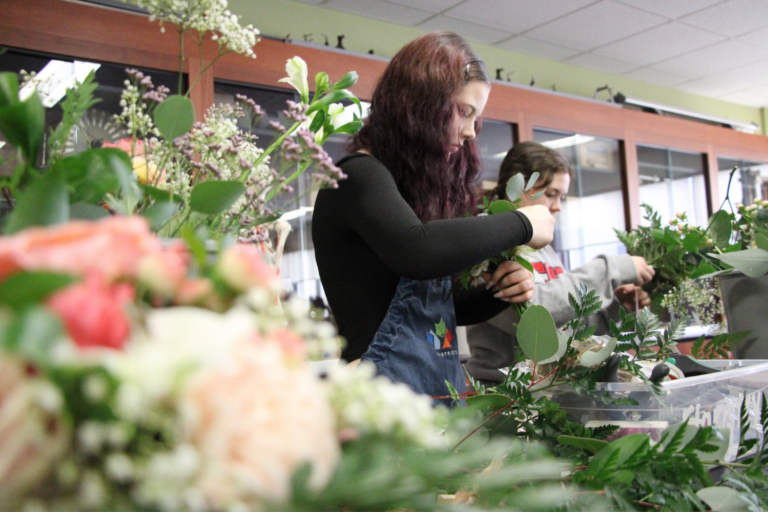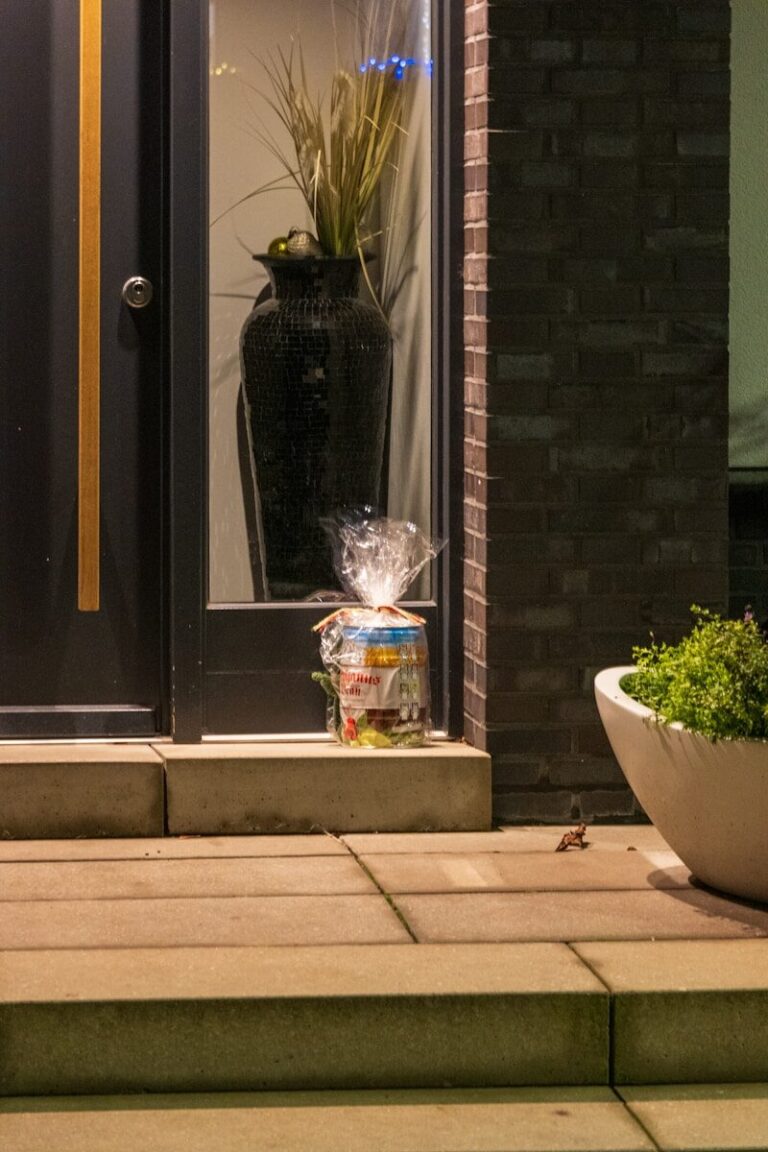
Discovering a loved one is having difficulties with addiction can not only be shocking, but also quite distressing. It’s important to remember that you’re there to be a stable body for them to rely on. Standing alongside a struggling addict can help them with recovery in many ways, so understanding how to be that person will get your loved one back on track far quicker than if they were alone.
Help find the right treatment facility
There are so many different rehab and treatment facilities that it can all get a little bit overwhelming for an addict to even start receiving help. Help by doing some research with them so they can understand they are not alone and there will always be someone there waiting for them when they have completed treatment. There’s usually a lot of information to read, so finding a program that is suited for your loved one is imperative to their success in rehabilitation. A facility that offers more than just detoxing will be far more beneficial to a patient as they offer all treatments under one roof, this helps with things such as routine and being able to stick to a structured plan.
Always be encouraging
When your loved one mentions the fact they might need help due an addiction problem, you should always be there right beside them, encouraging them to take the right steps. Being supportive of the treatment facility they have chosen to go to will help them feel like they have made a good choice and will feel like they are completing something that will benefit everyone. Encourage the abstinent way of life, this can include helping them stay away from situations that will be difficult for them to be in. For instance, going for dinner and then taking them to a bar after hours will be a difficult situation for them to abstain. Support your loved one with meeting attendance. The only way they are truly going to get better is by sticking to a schedule and keeping up with all appointments they need to attend.
Even down to the smallest of points, help them by remembering if and when any medication is needed to be taken. If they forget, then encouraging them in a way that isn’t forceful is a good way to make them feel like they have everything under control.
Coping mechanisms
Everyday life contains a lot of small stress, which can be difficult to deal with when recovering from an addiction, even more so if the stressors turn into big ones. Try to help by building some coping mechanisms with your loved one; these can really help with dealing with any issues that happen throughout the day. Ways in which you can help are being able to sit and listen, help them process anything that’s happened in the day and try to help them see that the outcome is going to be ok. Try and help solve any small problems that are raised by being practical and remind them of any skills they have learned during therapy.
Make sure all members of the family are on board
The last thing you want for someone that’s already struggling is for them to come home to a family that’s going through stress themselves. The best thing to do is to try and resolve any conflict before your loved one comes home, or try and get everyone on the same page so there aren’t any major arguments whilst they are around.
If you can get other members of the family to also be there for support, then this will help them feel more normalized. Feeling as though an individual is normal amongst the usual day to day life is a brilliant way to help in recovery.
Encourage the participation of therapy groups
Always try and encourage your loved one to attend regular meetings of things such as AA (Alcoholics anonymous). You can do this by helping them choose the right meeting for them, and changing your schedule so you can be there to drive them to the meeting. Just being in the car might help your loved one get through the door and on their way to a better life. You can also learn about the meeting they are going to attend. Quite often a meeting will have certain philosophies so understanding about that will help you talk in their language.
Know the signs of relapse
This could end up being the most important thing you know, understanding the signs of relapse could save your loved one’s life. There are courses you can do to help yourself in understanding addiction, which will help you guide your loved one through a tough, episodic, and traumatic time.
If you feel that one of your family or friends is struggling with addiction, then don’t wait any longer to try and help them. Remember to always stay calm and think of your loved one before yourself; they’re going through a really hard stage in life and getting stressed with them over small things won’t help anyone involved. There’s so much support for everyone involved in addiction these days, so don’t wait until it’s too late.













